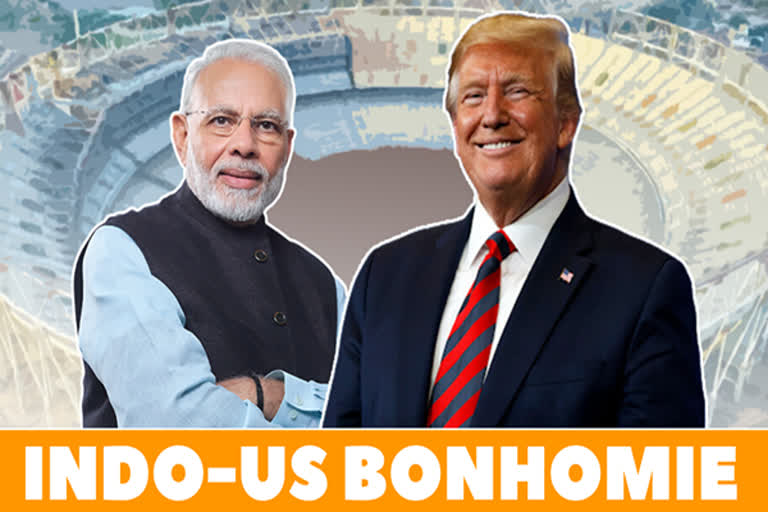Hyderabad: For long Indo-US relations have been one of a rollercoaster ride –from being anti-India in 1950s to becoming pro-India since 2005 turning it be an indispensable US partner. Many top policymakers from both sides termed the relationship only as “natural” as both nations are the largest democracies in the world. This was further cemented and reiterated by visits of US presidents from time to time. India's contribution to the United States in the field of software, research and international cooperation have been adequately acknowledged by the US. In return, the US has backed India's bid for the UNSC permanent membership, nuclear cooperation and fight against terrorism.
US' South-Asia policy
Former president Bill Clinton made his first US presidential trip to India since 1978. The visit ended the estrangement of the post-1998 Indian nuclear weapons tests, although the Clinton administration pressed New Delhi to sign the Comprehensive Test Ban Treaty.
The Indo-US Science and Technology Forum was also established during the visit. As India’s economy began to take off, the trip indicated a further shift in Washington’s regional orientation away from its Cold War alliance with Pakistan.
Indo-US Inks N-Deal
Former US president George W Bush made a visit to India in 2006. During the visit, Bush and then prime minister Manmohan Singh finalised the framework of the civil nuclear deal and boost security and economic ties.
The nuclear deal, completed in July 2007, made India the only country outside of the Nonproliferation Treaty that has nuclear capabilities and is allowed to participate in nuclear commerce.
Read Also:Gujarati 'Raas' artists to welcome Trumps at Motera stadium
In 2007, Mangoes-for-Motorcycles Deal signalled to deepen trade ties between the two countries. Some of the first shipments of Indian mangoes reached in the US, ending an eighteen years ban on importing the fruit.
The ban was lifted as part of an agreement reached by Bush and Manmohan Singh in 2006 to double the trade between the countries within three years. In response, New Delhi said that it will relax restrictions on importing Harley-Davidson motorcycles from the US.
Bilateral trade in goods and services totalled around $45 billion in 2006 and rose to more than $70 billion in 2010, according to the US Bureau of Economic Analysis.
Strategic Dialogue
Washington and New Delhi formally convened the first US-India Strategic Dialogue in 2010.
